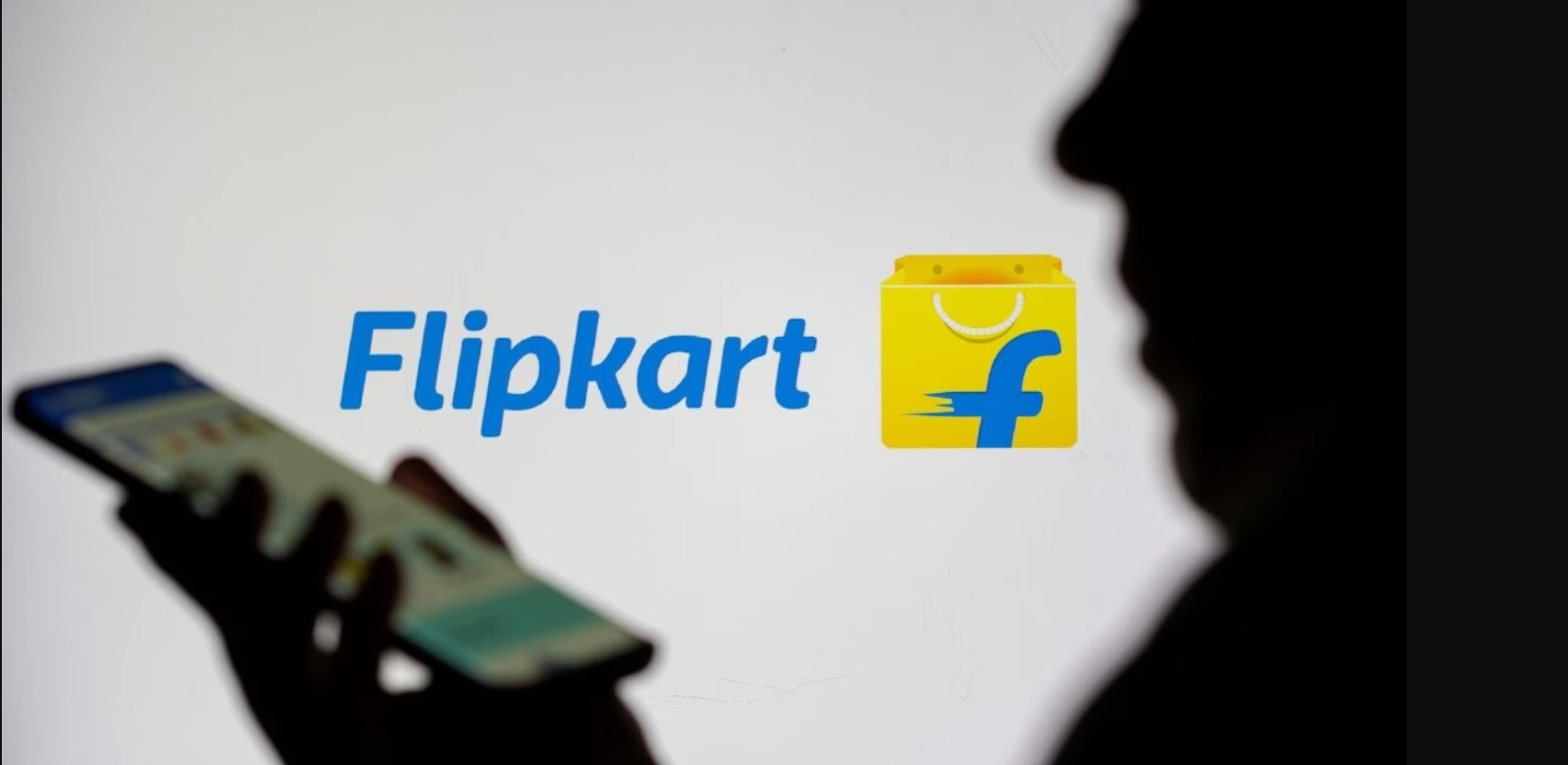
Flipkart has received a lending licence from the Reserve Bank of India, the Walmart-backed ecommerce company confirmed on Thursday. The nod came in March this year, according to sources. When contacted, Flipkart confirmed the development but did not divulge any details.
The move marks a strategic shift for the company, which until now offered credit products through partnerships with banks and NBFCs such as Axis Bank, IDFC Bank, and Credit Saison. With the NBFC licence, Flipkart can now underwrite and disburse loans through its subsidiary, giving it more control over margins and customer experience.
The lending operations will be routed through its fintech arm Super.Money, which received a $20-million investment from Flipkart. Super.Money offers personal loans, BNPL (buy now, pay later), insurance, and co-branded credit cards, positioning itself as a full-service digital credit platform.
The company is also eyeing an insurance broking licence. It currently holds a corporate agency licence from Irdai, allowing it to distribute general insurance products. Flipkart plans to expand its financial services offering to include a wider range of products for both consumers and sellers.
In a parallel push, Flipkart entered the UPI space with its own payments interface. In May 2025, it processed 3.5 million transactions worth Rs 195 crore. The in-house UPI capability will allow P (peer-to-peer) transfers, bill payments, and in-app checkouts. These features are expected to improve transaction conversion and reduce cart abandonment.
The broader aim is to build a vertically integrated fintech stack that deepens engagement across its 300-million-plus customer base while also supporting its network of merchants with credit. Flipkart sees an opportunity to offer working capital loans to sellers using platform data on their cash flows and transaction history.
The push into financial services comes amid rising competition from Amazon, PhonePe, Paytm, Cred, Tata Neu, and Navi. It also aligns with Walmart’s plan to list Flipkart and follows the relocation of the company’s holding entity from Singapore to India. However, the company’s fintech plans overlap with PhonePe, which was spun off from Flipkart in 2022.


